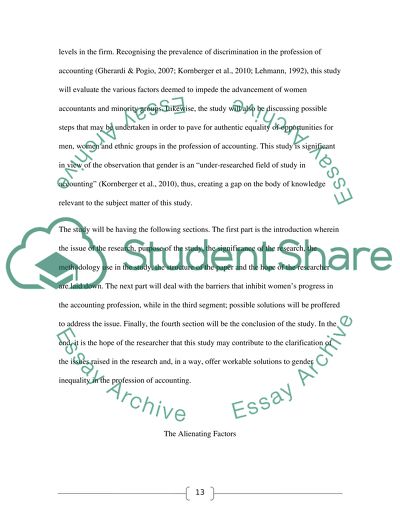Cite this document
(“Recent research (Kornberger et al, 2010) suggests that despite a Essay”, n.d.)
Retrieved from https://studentshare.org/environmental-studies/1422257-recent-research-kornberger-et-al
Retrieved from https://studentshare.org/environmental-studies/1422257-recent-research-kornberger-et-al
(Recent Research (Kornberger Et Al, 2010) Suggests That Despite a Essay)
https://studentshare.org/environmental-studies/1422257-recent-research-kornberger-et-al.
https://studentshare.org/environmental-studies/1422257-recent-research-kornberger-et-al.
“Recent Research (Kornberger Et Al, 2010) Suggests That Despite a Essay”, n.d. https://studentshare.org/environmental-studies/1422257-recent-research-kornberger-et-al.


